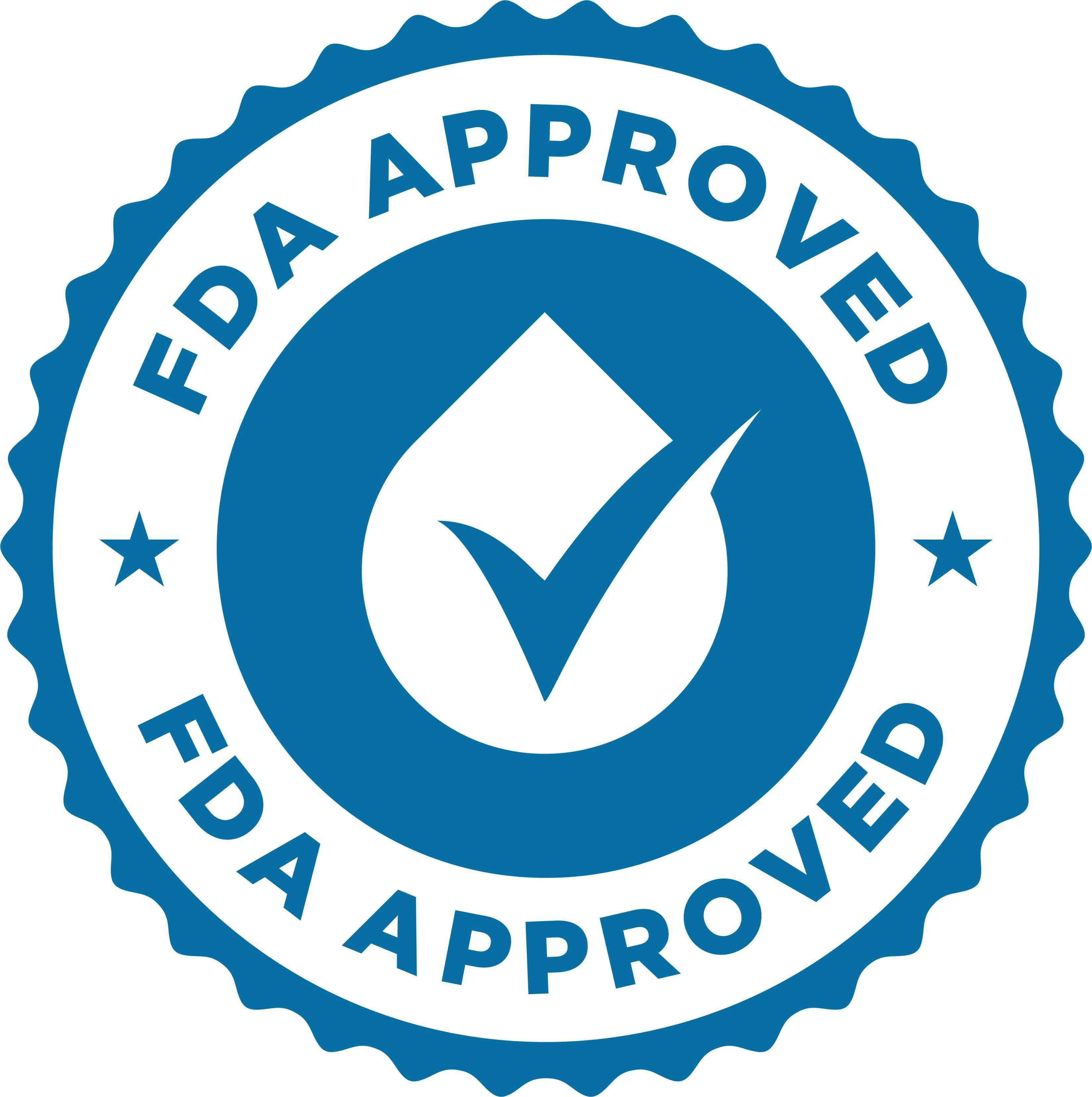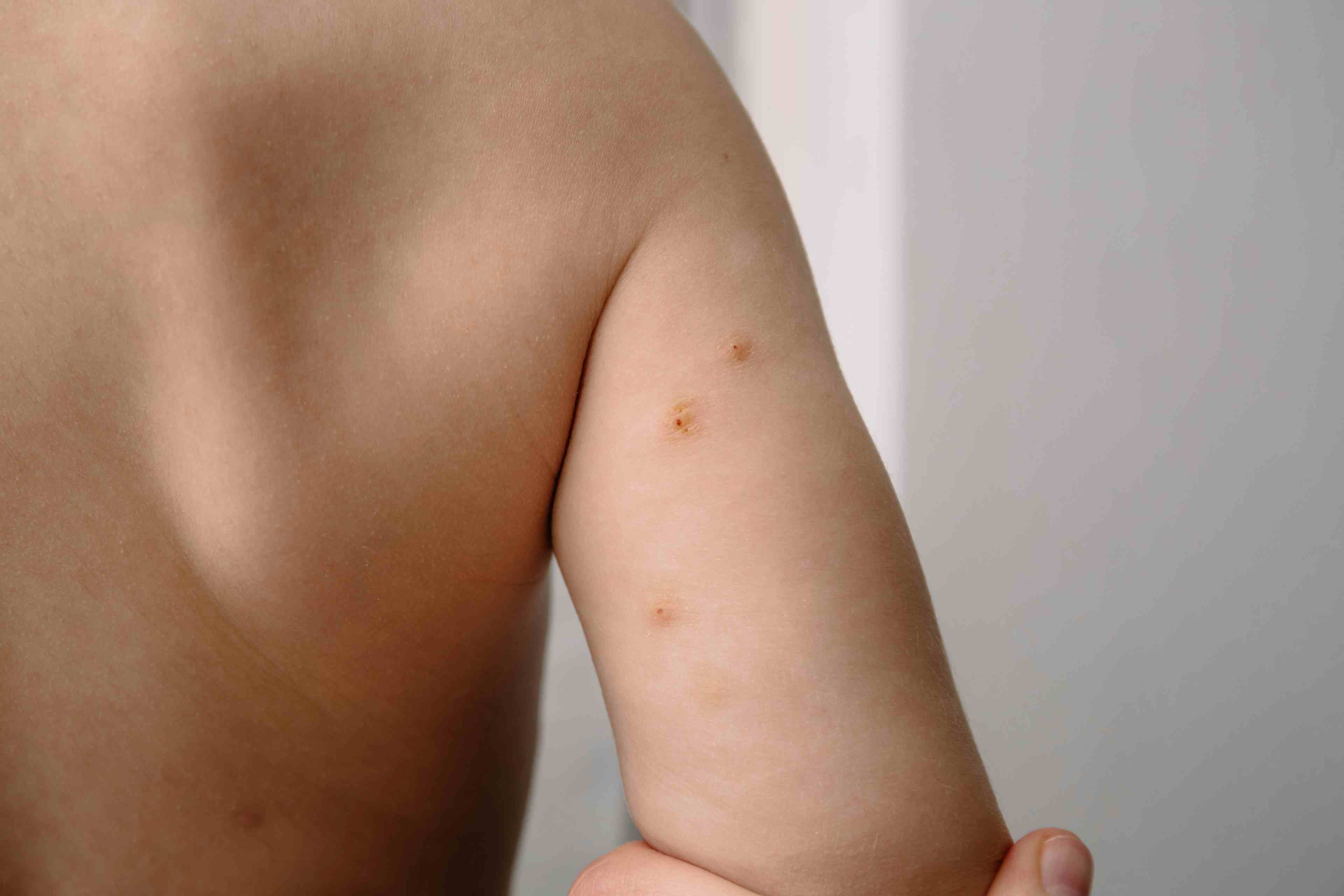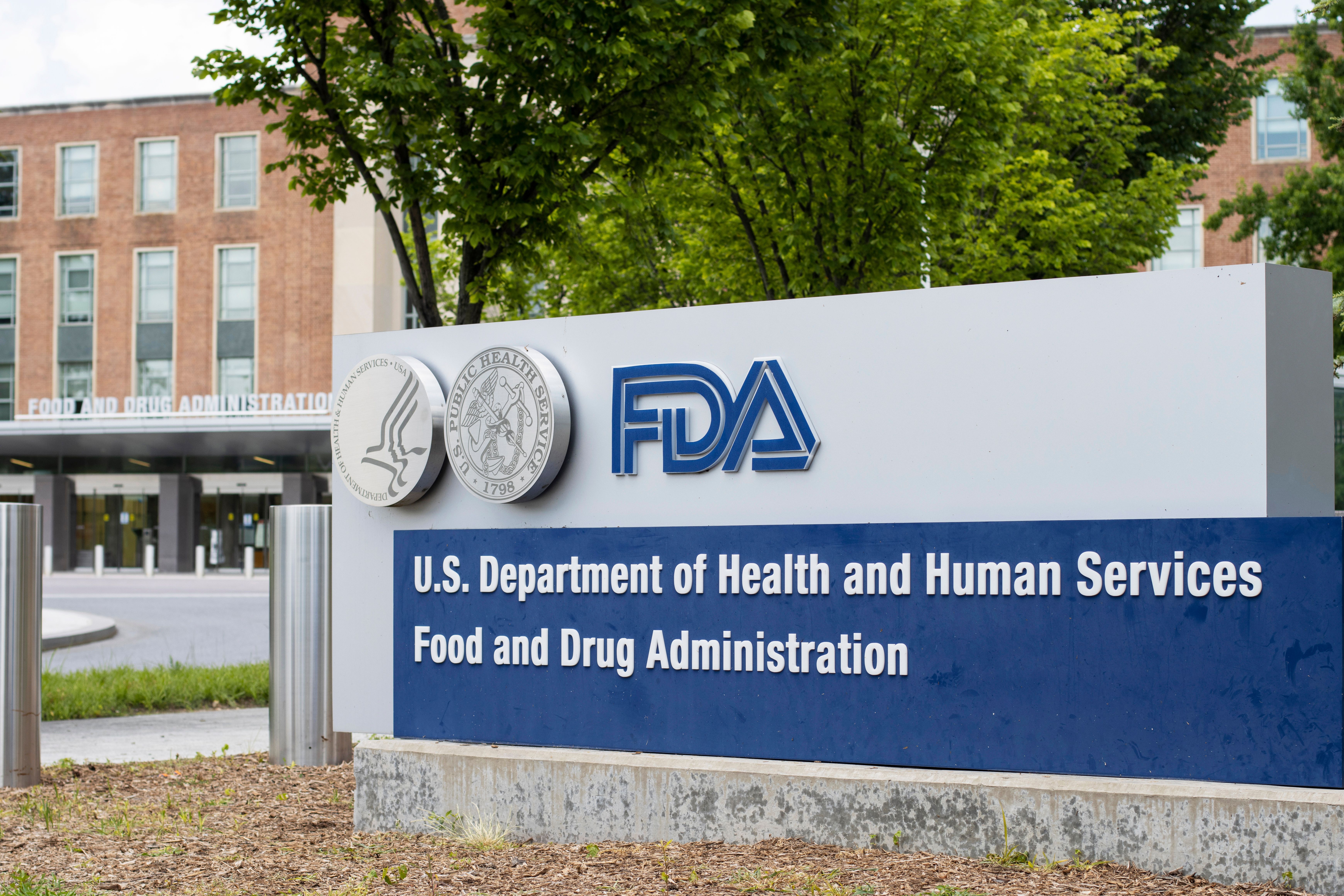- Acne
- Actinic Keratosis
- Aesthetics
- Alopecia
- Atopic Dermatitis
- Buy-and-Bill
- COVID-19
- Case-Based Roundtable
- Chronic Hand Eczema
- Chronic Spontaneous Urticaria
- Drug Watch
- Eczema
- General Dermatology
- Hidradenitis Suppurativa
- Melasma
- NP and PA
- Pediatric Dermatology
- Pigmentary Disorders
- Practice Management
- Precision Medicine and Biologics
- Prurigo Nodularis
- Psoriasis
- Psoriatic Arthritis
- Rare Disease
- Rosacea
- Skin Cancer
- Vitiligo
- Wound Care
News
Article
May Pipeline Roundup
Author(s):
The month of May has been full of pipeline news, including updates on VYN201 for nonsegmental vitiligo, imsidolimab for GPP, sonelokimab for HS, and more.

To stay up-to-date with the latest pipeline updates, sign up to receive our eNewsletters.
ASLAN Expands Collaboration with Zenyaku to Investigate Eblasakimab’s MOA Compared to Other Biologics in AD
On May 2, ASLAN Pharmaceuticals announced that it will continue its research collaboration with its partner, Zenyaku Kogyo Co, to develop new research projects comparing the mechanism of action of eblasakimab to other biologics for atopic dermatitis, including dupilumab (Dupixent; Sanofi and Regeneron) and lebrikizumab (Ebglyss; Eli Lilly).
According to ASLAN, previous translational study data from immune cells and skin biopsies of patients with atopic dermatitis showed that blocking the interleukin (IL)-13 receptor (IL-13R) with eblasakimab was more effective at downregulating inflammatory markers than blocking the IL-4 receptor (IL-4R) as dupilumab does.
VYNE Therapeutics Provides Updates on VYN201 for Nonsegmental Vitiligo and VYN202 for Inflammatory Diseases
On May 9, VYNE Therapeutics announced new pipeline updates on VYN201 and VYN202 for the treatment of nonsegmental vitiligo and other inflammatory skin diseases. The results were announced in VYNE’s first quarter 2024 financial results. Regarding VYN201, a locally administered pan-BD BET inhibitor, VYNE expects to enroll the first patient with vitiligo in the phase 2b trial for VYN201 in the second quarter of 2024. The trial will enroll patients with active or stable nonsegmental vitiligo and will be a randomized, double-blind, vehicle-controlled trial evaluating the efficacy, safety, and pharmacokinetics of once-daily VYN201 gel in 3 dose cohorts of 1%, 2%, and 3% concentrations, compared to vehicle for 24 weeks.
AnaptysBio Announces Positive Topline Results from Phase 3 Trial of Imsidolimab for GPP
On May 9, AnaptysBio announced new positive topline results from its global GEMINI-1 and GEMINI-2 phase 3 clinical trials evaluating the safety and efficacy of investigational imsidolimab (IL-36R mAb) in patients with generalized pustular psoriasis (GPP). In GEMINI-1, 45 patients were randomized 1:1:1 to receive a single infusion of 750mg intravenous (IV) imsidolimab, 300mg IV imsidolimab, or placebo at day 0. Out of the patients who received a single dose of 750mg IV imsidolimab, 53% achieved a GPP Physician Global Assessment (GPPPGA) score of 0/1 (clear or almost clear skin) at week 4, the primary end point of the study, compared to 13% of patients who received placebo (p=0.0131).
Overall, 16 patients who achieved GPPPGA 0/1 in GEMINI-1 were re-randomized to monthly maintenance dosing of either 200mg subcutaneous (SC) imsidolimab or placebo in GEMINI-2. Patients were monitored for at least 24 weeks and for up to a maximum of 92 weeks. Out of the 8 patients who achieved GPPPGA 0/1 in GEMINI-1 who were re-randomized to receive monthly 200mg SC imsidolimab maintenance therapy, 100% maintained a GPPPGA score of 0/1 and no patients experienced a GPP flare.
Merck Halts Dosing of Anti-TIGIT Antibody in KeyVibe-010 Melanoma Study
On May 13, Merck announced the cessation of dosing its anti-TIGIT antibody, vibostolimab, coformulated with pembrolizumab (Keytruda) in a phase 3 clinical trial for high-risk melanoma patients. The decision comes after a pre-planned analysis indicated that the coformulation, known as MK-7684A, was "highly unlikely" to demonstrate a benefit in recurrence-free survival (RFS), the study's primary endpoint. In a press release, the company wrote, “Data analysis from this study is ongoing. Results will be shared with the scientific community and communicated to regulatory agencies.” The KeyVibe-010 (NCT05665595) randomized, double-blind, active comparator-controlled trial evaluated the efficacy of MK-7684A versus pembrolizumab alone as an adjuvant treatment in 1594 patients with resected high-risk stage IIB-IV melanoma.
Soligenix Announces Publication of Promising Comparative Data for HyBryte Synthetic Hypericin for CTCL
On May 16, Soligenix, Inc. announced that promising results from its compatibility study evaluating HyBryte (synthetic hypericin) for treating cutaneous T-cell lymphoma (CTCL) have been published in the Journal of the European Academy of Dermatology & Venereology Clinical Practice. HyBryte, also known as SGX301, is a photodynamic therapy employing visible light for activation. Synthetic hypericin, its active ingredient, is topically applied to skin lesions, absorbed by malignant T-cells, and activated by safe, visible light approximately 24 hours later.
The FDA previously awarded an Orphan Products Development grant to evaluate HyBryte for expanded treatment in early-stage CTCL patients, including home use settings. The open-label study, known as HPN-CTCL-02,2 involved 9 patients undergoing 8 weeks of treatment with HyBryte for their cancerous lesions. The response assessment at week 10, utilizing the modified Composite Assessment of Index Lesion Severity (mCAILS) score, revealed a treatment response rate of 22%.
Lindus Health and Acinonyx Bio to Partner in Clinical Trial Evaluating a Benzoyl Peroxide Alternative
On May 16, Lindus Health and Acinonyx Bio announced their collaboration to develop a cosmetic clinical trial investigating Acinonyx Bio's topical cream, ACX, for the treatment of inflammatory acne. The study will focus on Propionibacterium acnes (P. acnes) in the development of inflammatory acne.
According to the news announcement, previous in vitro studies showed that ACX killed P. acnes as rapidly as benzoyl peroxide. The clinical trial will include patients with moderate to severe inflammatory acne and will be conducted as a decentralized clinical trial model, allowing patients the flexibility to participate in the clinical trial within the comfort of their real-world environments. Patients will use the topical treatment for 6 weeks and provide photos for medical assessment, as well as their opinions on the efficacy of ACX and their overall satisfaction.
Deucravacitinib Demonstrates Sustained Efficacy and Safety in 4-Year Psoriasis Trial
On May 16, Bristol Myers Squibb announced 4-year results from the POETYK PSO long-term extension (LTE) (NCT04036435) trial for their drug deucravacitinib (Sotyktu), aimed at treating moderate to severe plaque psoriasis in adults. The data, which were presented at the European Academy of Dermatology and Venereology (EADV) Spring Symposium in St. Julian’s, Malta, revealed that more than 70% of patients maintained significant clinical responses over the 4-year period, with no new safety concerns.
The POETYK PSO program includes several phase 3 studies aimed at evaluating the efficacy and safety of deucravacitinib. The pivotal trials, POETYK PSO-1 (NCT03624127) and POETYK PSO-2 (NCT03611751), compared deucravacitinib to placebo and apremilast (Otezla) in patients with moderate to severe plaque psoriasis.
MoonLake’s Sonelokimab Trial for HS Advances to Phase 3
On May 16, MoonLake Immunotherapeutics announced that the first patients have been screened at a US trial site in its global phase 3 trial, VELA, evaluating the safety and efficacy of sonelokimab for the treatment of moderate to severe hidradenitis suppurativa (HS). After positive results from the phase 2 MIRA trial, sonelokimab advances into phase 3 VELA, which is expected to enroll 800 patients across VELA-1 (NCT06411899) and VELA-2 (NCT06411379).
Both VELA trials are identical in design of comparing a single 120mg dose of sonelokimab to placebo with the higher measure of clinical response, Hidradenitis Suppurativa Clinical Response (HiSCR) 75, defined as a ≥75% reduction in total abscess and inflammatory nodule count with no increase in abscess or draining tunnel count relative to baseline, as the primary end point at week 16.
Baldo Scassellati Sforzolini, MD, PhD, MBA: Expanding Nemolizumab’s Access
Earlier in May, Galderma announced that it received filing acceptances for nemolizumab for the treatment of prurigo nodularis and moderate to severe atopic dermatitis in 4 additional countries, including Australia, Singapore, Switzerland, and the United Kingdom. The regulatory authorities of Australia, Singapore, Switzerland, and the United Kingdom are members of the Access Consortium and an approval decision from the consortium is expected in 2025. To further discuss the significance of additional regulatory filing acceptances of nemolizumab for prurigo nodularis, Dermatology Times spoke to Baldo Scassellati Sforzolini, MD, PhD, MBA, the global head of research and development at Galderma.
FDA Updates PDUFA Date of Subcutaneous Nivolumab
On May 21, Bristol Myers Squibb announced that the US Food and Drug Administration reassigned the previously determined Prescription Drug User Fee Act (PDUFA) action date of the biologics license application for the subcutaneous formulation of nivolumab (Opdivo) to December 29, 2024. The original PDUFA date was February 28, 2025.
The subcutaneous formulation of nivolumab is co-formulated with Halozyme’s proprietary recombinant human hyaluronidase (rHuPH20) for all previously approved adult, solid tumor nivolumab indications as monotherapy, monotherapy maintenance following completion of nivolumab plus ipilimumab (Yervoy) combination therapy, or in combination with chemotherapy or cabozantinib.
Results of Phase 3 BE HEARD Trials of Bimekizumab for HS Published in The Lancet
On May 23, UCB announced that results from the phase 3 BE HEARD I and BE HEARD II clinical trials evaluating the safety and efficacy of bimekizumab (Bimzelx) for the treatment of adults with moderate to severe hidradenitis suppurativa (HS) were published in The Lancet. According to the announcement, the results in The Lancet represent the primary publication of bimekizumab data from the 2 pivotal phase 3 trials.
BE HEARD I (n=505) and BE HEARD II (n=509) were 2 identical, 48-week, randomized, double-blind, placebo-controlled, multicenter, phase 3 trials. Eligible patients that were aged 18 years and older with moderate to severe HS were randomly assigned 2:2:2:1 and stratified by worst Hurley Stage at baseline and baseline systemic antibiotic use to receive subcutaneous bimekizumab320 mg every 2 weeks; bimekizumab 320 mg every 2 weeks to week 16, then every 4 weeks to week 48; bimekizumab 320 mg every 4 weeks to week 48; or placebo to week 16, then bimekizumab 320 mg every 2 weeks.
Newsletter
Like what you’re reading? Subscribe to Dermatology Times for weekly updates on therapies, innovations, and real-world practice tips.















